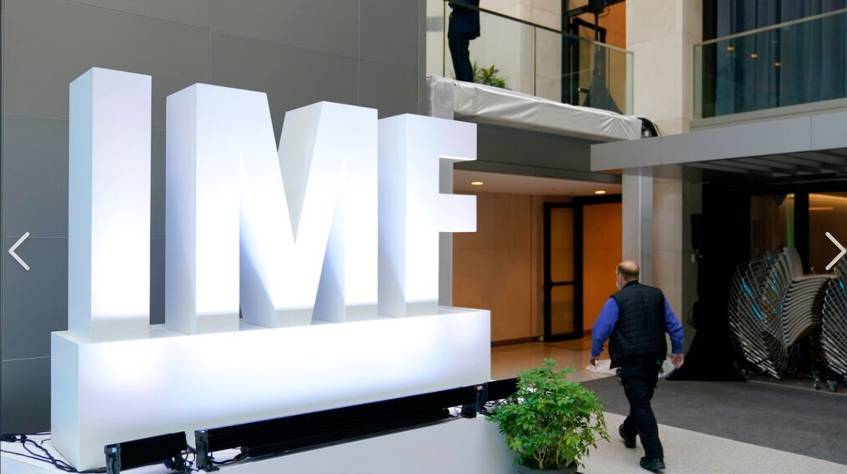In a significant development for Ghana’s economic landscape, the International Monetary Fund (IMF) is poised to release a $360 million disbursement in December 2024. This funding marks the latest tranche under Ghana’s $3 billion extended credit facility (ECF), aimed at bolstering the country's economic recovery and fiscal consolidation efforts.
Background on the IMF Program
Ghana’s engagement with the IMF stems from the economic
challenges that have plagued the nation, including high inflation, a
depreciating cedi, and mounting debt. The extended credit facility was approved
in 2023 to address these issues through structural reforms and enhanced fiscal
discipline. The program includes measures to stabilize the macroeconomic
environment, boost revenue mobilization, and improve public financial
management.
Purpose of the Disbursement
The $360 million installment is expected to be channeled
towards:
- Debt
Restructuring: Supporting ongoing negotiations to restructure both
domestic and external debt.
- Social
Spending: Protecting vulnerable populations by maintaining or
increasing allocations to essential services such as education and
healthcare.
- Economic
Stabilization: Strengthening foreign exchange reserves to support the
cedi and reduce inflationary pressures.
This funding comes as a relief to Ghana, which has faced
fiscal strain amid global economic uncertainties, including fluctuating
commodity prices and reduced investor confidence.
Key Reforms and Progress
Ghana’s government has implemented several reforms under the
ECF framework:
- Revenue
Mobilization: The introduction of measures like the electronic
transaction levy (E-Levy) and property tax reforms.
- Expenditure
Control: Streamlining public sector spending to minimize waste and
ensure efficient use of resources.
- Monetary
Policy Adjustments: The Bank of Ghana’s proactive approach in curbing
inflation through interest rate hikes and other monetary tools.
According to finance ministry officials, these measures have
started yielding results, with inflation showing signs of easing and fiscal
deficits narrowing.
Challenges Ahead
Despite this progress, challenges remain. Debt restructuring
talks with private creditors and international bondholders have been
protracted, raising concerns about Ghana’s ability to meet IMF targets.
Additionally, the rising cost of living continues to strain households, calling
for more targeted social interventions.
Stakeholder Reactions
Economic analysts have welcomed the upcoming disbursement as
a crucial step in restoring confidence in Ghana’s economy. "The IMF’s
support signals to international investors that Ghana is on a credible path to
recovery," said Dr. Kwame Antwi, an economist at the University of Ghana.
However, he cautioned that sustainable growth will depend on the effective implementation
of reforms and improved governance.
Meanwhile, civil society organizations have urged the
government to ensure that IMF funds are transparently utilized to benefit the
broader population. "We need accountability mechanisms to prevent misuse
and ensure that these funds reach the sectors that need them most," said
Afi Yeboah, a policy advocate.
Looking Ahead
The IMF’s $360 million disbursement offers a lifeline for
Ghana, providing the financial resources needed to navigate the current
economic challenges. As the government works to implement its reform agenda,
the focus will remain on balancing fiscal consolidation with growth-oriented
policies. Success in this endeavor could position Ghana as a resilient and
attractive investment destination in the years ahead.



No comments yet
Be the first to share your thoughts!